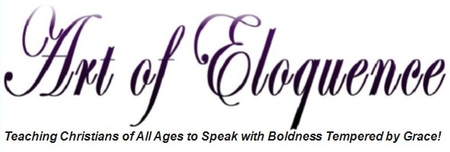Last month I wrote about missing children reports shared on Facebook. This month I have something along those same lines.
It's a good idea to read articles before you share them anyway. I have seen people post articles that actually say the exact opposite of what the title suggests. Make sure you know what you're sharing because it's not just the words you use and how you speak that communicates who you are to others, it's what you share on social media. If you share an article that you think is Pro-Life, but is actually in support of abortions, what will that say about you to your social media followers?
Another thing to look for is the source of the information you are sharing. If you see an article that sounds far fetched, out of character, or a bit unbelievable, it just may be untrue. Make sure that what you share is true. You can do this several ways
.
1. Look at the source. Is it a valid news source, one that is known to trend liberal or conservative? If so, there might be a slant to the information presented. Is the source someone's blog? If so, it may not have any validity at all.
2. Next, verify the information with other reliable news sources. If a famous person did something illegal, it's probably going to be all over the news and social media.
3. You can look for the way in which the story is presented. If there are typos, misspellings, and/or the writing is confusing, it's probably not a reliable source.
4. If it shares mostly opinion and very little fact, it's probably not the complete story.
5. Often, even if it's a legitimate story on a major news site, there are facts that come out later on as the story unfolds that can change the entire meaning of what happened. Sharing a breaking news story before all the facts are in can be just as damaging as sharing a story that is untrue.
Lastly, something else I've been careful of is sharing posts from Facebook pages or groups that have foul language in their name. I don't use that kind of language, but I also don't want to be associated with it. So, when I see a funny meme or a poignant article I want to share that is coming from a Facebook page called, "That's Some Funny XXXX!," I don't share it either.
Like it or not, who we are is now reflected in what we present online. Valid or not, people will judge you for not only what you post, but what you share, and how it's shared. As they used to say on Hillstreet Blues, "Let's be careful out there!"
